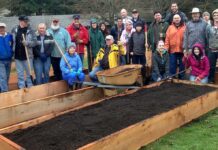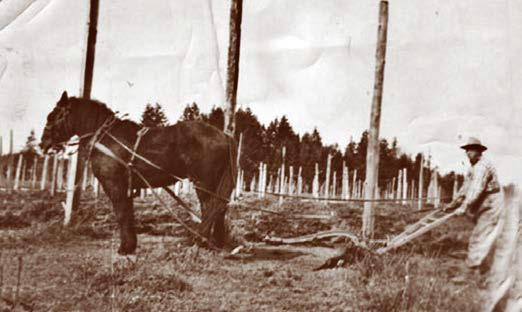Fall is here and winter is coming. Winter months can be challenging for anyone to stay in good health, especially for seniors. Staying in good health is essential to enjoy the best quality of life as we move into winter. Illness isn’t inevitable, but good habits tend to keep older adults happy and healthy.
All of us as seniors in the Tualatin community are fortunate to have the Juanita Pohl Center to recreate, socialize, exercise and have lunch by MOWP. Even though JPC is closed because of COVID and no news as to when it can reopen, it is still providing great online classes for all kinds on health and wellness, including exercise with Silver Sneakers, Yoga, Tai Chi, a new book club and resources online. Go to the city website, www.tualatinoregon.gov, click on Parks and Recreation under Your Government and then Adult Programs and Services to find out more.
In the meantime, here is some information provided by JPC and the Center for Disease Control (CDC) to help us all winterize.
- First and foremost, keep warm at home. Aging lowers one’s ability to withstand colder temperatures, inside and outside. Leave your thermostat at 68-70 and insulate drafty doors and windows. Dress in layers which will keep you warmer and easier to stay comfortable. Also be sure to move around every hour or so while at home.
- Be safe and warm if outside. Bundle up and layer when outside. Make sure you have a warm coat or raincoat, scarf, gloves, and especially cover your head as that is where most heat escapes. Choose footwear that is non-slip, sturdy and warm.
- Eat well and exercise. Eating good, whole, nutritious foods in winter months can go a long way in helping older adults regulate their body temperatures and stay warm. Be sure to include fruits, vegetables, whole grains, milk with Vitamin D, fish, hearty soups and stews. If you need assistance with your meals, contact MOWP at (503) 953-8111 for home delivery. Exercise is a great way to increase body temperature and appetite, whether with a JPC exercise class or walking around your home every hour or so.
- Prepare for power outages by having easy access to flashlights, candles and a battery-operated radio and lantern. Have warm blankets and non-perishable foods that can be eaten cold on hand. Wear several layers of clothes, including a warm hat.
- Stay connected with family and friends. As daylight hours decrease and the weather turns colder, it can be difficult to feel connected, especially if you live alone or are separated from family and friends. Arrange a check-in system with family, neighbors and friends to connect with each other by phone daily, if possible. If you can’t do that, don’t hesitate to reach out – call the Senior Loneliness Hot Line at (503) 200-1633 for a friendly conversation. If you need help getting out for groceries or shopping or doctor appointments, call Ride Connection at (503) 226-0700, not only for transportation but other resources they offer for seniors.
- For more information on how to winterize, go to the CDC website at: www.cdc.gov/disasters/winter/pdf/extreme-cold-guide.pdf.
Stay safe, stay warm, stay healthy, stay active, stay connected.



















